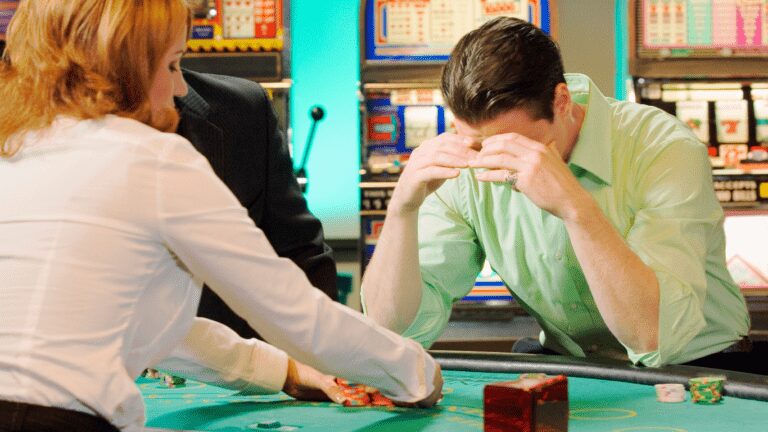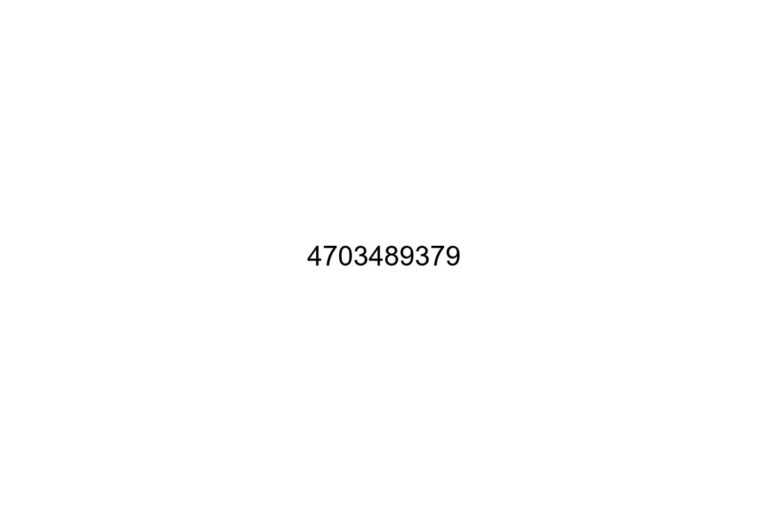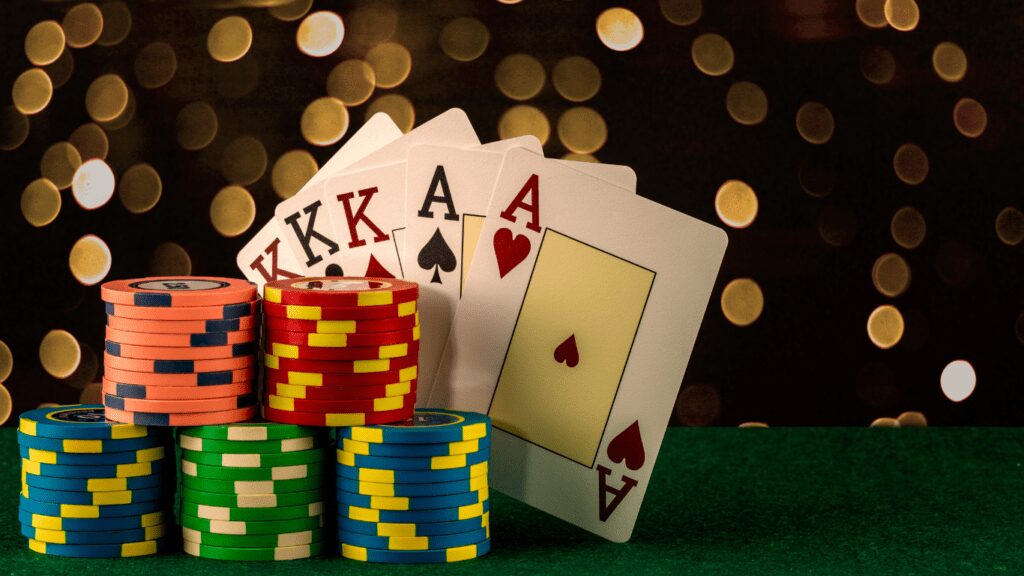Understanding Burnout During Long Sessions
Burnout can drastically impact mental clarity and reduce overall effectiveness. Long sessions, whether gaming or working, heighten the risk by demanding sustained focus and energy.
What Is Burnout?
Burnout refers to a state of physical, mental, and emotional exhaustion caused by prolonged stress. It often manifests as fatigue, irritability, or reduced performance. Symptoms include:
- difficulty concentrating
- lack of motivation
- feelings of frustration
It results from persistent overexertion without adequate recovery.
Why Long Sessions Increase Mental Stress
Extended sessions amplify stress by forcing the brain to operate beyond optimal limits. When focus is sustained for several hours, cognitive resources deplete, making it harder to process information effectively. Continuous engagement without breaks also diminishes the brain’s ability to reset, leading to increased anxiety and reduced decision-making capacity. Repetitive strain, like staring at screens or making rapid decisions, compounds this effect.
Recognizing The Signs Of Burnout
Identifying burnout early helps prevent long-term negative impacts on performance and well-being. I focus on both physical and emotional cues to understand when it’s time to reset.
Physical Indicators
Physical symptoms often signal the onset of burnout. I notice persistent fatigue even after adequate rest. Frequent headaches, muscle tension, or a constant sense of physical sluggishness can also emerge. My sleep patterns might become irregular, with difficulty falling or staying asleep. If I experience frequent colds or illnesses, I recognize it may result from a weakened immune system caused by stress during extended gaming or work sessions.
Emotional and Mental Indicators
Emotional and cognitive changes provide critical clues. I may feel unusually irritable, frustrated, or detached from activities I normally enjoy. A lack of motivation or difficulty concentrating often undermines my focus and decision-making. Prolonged stress sometimes leads to feelings of helplessness or doubt in my abilities. Continuous negative self-talk or mental exhaustion can indicate heightened burnout risk, especially when combined with emotional disengagement.
Strategies To Avoid Burnout

Avoiding burnout during long sessions involves intentional planning and proactive measures. By implementing specific strategies, it’s possible to maintain focus and mental clarity.
Creating a Balanced Schedule
I prioritize building a daily schedule that accounts for both work and rest. Allocating time for key tasks, leisure, and recovery reduces overwhelm. For instance, dedicating fixed blocks to gaming, exercise, meals, or personal activities fosters consistency. Overloading the schedule disrupts balance, but setting clear boundaries between intense activities and downtime ensures sustainability.
Setting Realistic Goals
I establish achievable objectives based on current energy and focus levels. Aiming for measurable, time-bound goals helps me stay motivated without pushing limits excessively. For example, completing three achievable gaming milestones or focusing on one complex work task per session enhances productivity. Lofty or vague goals tend to increase stress and diminish performance.
Incorporating Breaks and Relaxation
I make it a point to include brief breaks every hour and engage in relaxation techniques like deep breathing or light stretching. Research shows that stepping away from screens for 5–10 minutes improves focus and reduces mental fatigue during long sessions. Engaging in mindfulness, such as meditation or listening to calming music, also refreshes the mind. Compression of breaks into sustained work periods undermines this restorative effect.
Enhancing Mental Clarity
Sustaining mental clarity during long sessions requires a strategic approach to managing physical and cognitive resources. Balanced nutrition, focused mental strategies, and physical activity support optimal performance while minimizing burnout risk.
The Role of Nutrition and Hydration
- Proper nutrition provides the energy needed for sustained mental focus.
- Consuming meals with complex carbohydrates, lean proteins, and healthy fats stabilizes blood sugar levels and prevents fatigue.
- I prioritize nutrient-dense snacks such as nuts, seeds, and fruit during breaks.
- Hydration directly affects cognitive performance, with even mild dehydration impairing focus and memory.
- I keep water nearby and aim for consistent intake throughout any session.
- Including electrolyte-rich beverages, like coconut water, helps replenish essential minerals during extended activities.
Effective Mindset and Focus Techniques
Adopting a productive mindset improves concentration and reduces stress. I use goal-oriented approaches like the Pomodoro Technique, working in 25-minute intervals followed by 5-minute breaks. This rhythm prevents overexertion while maintaining productivity.
Mindfulness techniques, such as controlled breathing and short meditative practices, reduce anxiety and promote clarity. I spend 2-3 minutes before transitioning between tasks focusing on deep, steady breaths to reset my mental state. Affirmations and visualizing success ensure a positive focus during demanding periods.
Leveraging Physical Activity for Mental Wellness
Physical activity supports cognitive function by improving blood flow and releasing tension. Even brief exercises, such as stretching, squats, or yoga, enhance mental sharpness. I integrate 5-10 minutes of movement into my schedule for every hour of concentrated work.
Longer activities, like walking or jogging, amplify these benefits by releasing endorphins and reducing stress. If sessions span multiple hours, I allocate 20-30 minutes for a walk or light workout to rejuvenate my focus. These physical breaks act as reset points for sustained clarity.
Recovering From Burnout
Recovering from burnout requires focused efforts to restore energy levels and improve mental well-being. I follow practical approaches to rejuvenate and rebuild resilience after prolonged strain.
Taking Time to Recharge
I prioritize breaks to allow my body and mind to recover from constant stress. This includes dedicating time to activities that promote relaxation and enjoyment, like reading, engaging in creative hobbies, or spending time outdoors. Consistent sleep routines are essential too, as they help restore physical energy and support cognitive recovery. Disconnecting from screens and reducing exposure to stimuli during these periods enhances the recharging process.
Seeking Professional Guidance When Necessary
I recognize that persistent burnout symptoms may require help from mental health professionals. Therapists and counselors provide tailored strategies to address underlying causes and develop long-term resilience. Professionals specializing in stress management or gaming-related mental health can offer valuable insights to rebuild focus and maintain well-being. Seeking guidance early prevents escalation, helping me regain clarity and sustained performance.















































































































































































































































































































































































































































































































































































































































































































































































































































































































































































































































































 As co-founder of CasinoMastermindx. Cecilla Pricetalker leads the vision and strategy behind the platform’s tech-focused content. With a deep understanding of casino innovation, software engineering, and iGaming trends, she ensures every piece reflects accuracy, innovation, and integrity. Cecilla’s leadership and technical insight make CasinoMastermindx.com a trusted source for forward-thinking gaming intelligence.
As co-founder of CasinoMastermindx. Cecilla Pricetalker leads the vision and strategy behind the platform’s tech-focused content. With a deep understanding of casino innovation, software engineering, and iGaming trends, she ensures every piece reflects accuracy, innovation, and integrity. Cecilla’s leadership and technical insight make CasinoMastermindx.com a trusted source for forward-thinking gaming intelligence.
